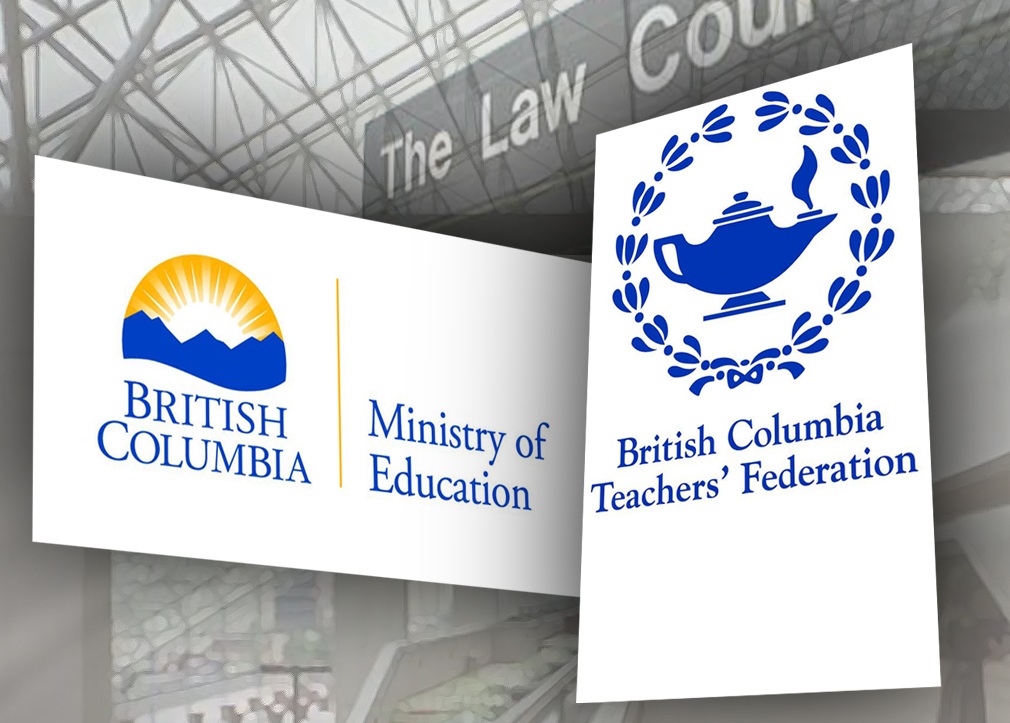VANCOUVER – Teachers across British Columbia have begun taking a strike vote in hopes the move will pressure the government to offer what their union calls a fair contract.

Results of the three-day vote will be released Thursday night, after which the B.C. Teachers Federation has 90 days to initiate some kind of job action.
The vote comes as the BCTF and the government’s bargaining agent continue talks, though union president Jim Iker said Tuesday that the two sides are far from an agreement after more than 40 negotiating sessions over the last year.
Iker said the government is refusing to restore class size and composition into the agreement despite last month’s B.C. Supreme Court ruling that struck down legislation removing those provisions from the teachers’ contract.
The government’s current proposal on class size and composition is unacceptable, he said, adding it’s another contentious point after years of toxic relations between the two sides.
“No sooner do we win the right to have smaller class sizes again and our students having more access to specialist teachers for that so-important one-on-one time and small-group instruction, the employer wants to negate 12 years of us fighting to get that restoration.”
The employer’s refusal to bargain in good faith pushed the union to take a strike vote, he said.
“The government’s been in the media talking about how they want peace and labour stability but their actions at the bargaining table are the exact opposite.”
But Peter Cameron, the government’s chief negotiator with the B.C. Public School Employer’s Association, said the teachers’ union is misrepresenting last month’s ruling, which said the BCTF has the right to bargain working conditions such as class size and composition at the bargaining table.
“It kind of annoys me that we get that level of characterization of things that confuse the issue rather than clarify it,” he said.
“The proposal that’s (been) put forward, the union doesn’t agree with. That’s different than saying we’re refusing to bargain or ignoring the court or stripping things out of the collective agreement.”
Cameron noted that the written ruling also said the language around class size and composition is not clad in stone “as it can and likely will need to be the subject of ongoing bargaining.”
He said the government’s proposal says teachers and principals should decide on class size and composition according to students’ needs rather than having a one-size-fits-all formula.
Wages are another source of contention at the bargaining table as the government aims to get teachers to sign a 10-year deal, though the union immediately rejected that idea when it was introduced last year.
Iker said the union has not agreed to an offer of a .5 per cent increase in the first year and zero per cent in the second, adding other public-sector unions have settled for hikes as much as 3.5 to four per cent.
The government has successfully applied to have last month’s court ruling put on hold until an appeal is heard after asking the court to temporarily stay the ruling that concluded the government tried to provoke a strike and awarded the teachers’ union $2 million.
The case dates back to 2002, when Liberals used legislation to remove various contract clauses related to size and composition of classrooms.
In 2011, the B.C. Supreme Court struck down the legislation as unconstitutional. A year later, the government passed a similar law, which retroactively removed classroom conditions from the contract but allowed the issues to be discussed in future negotiations.



Comments